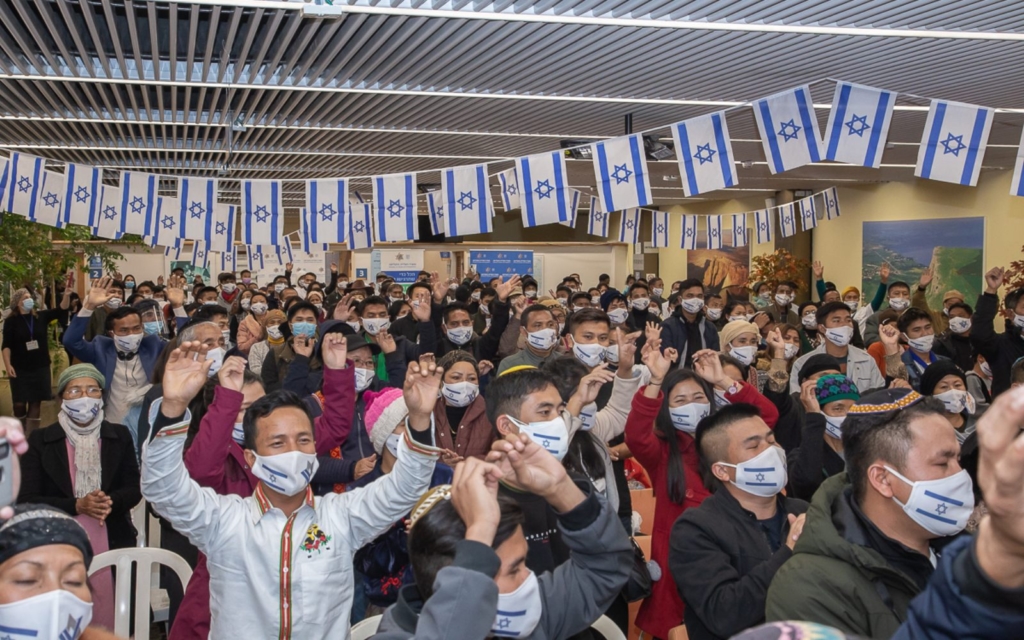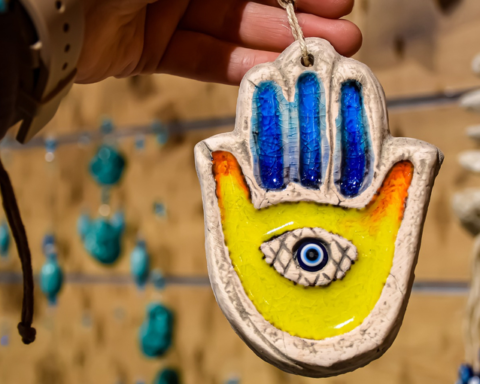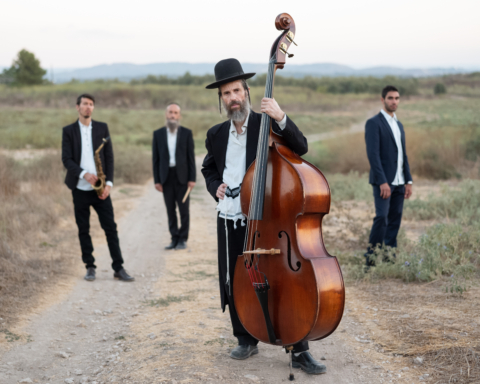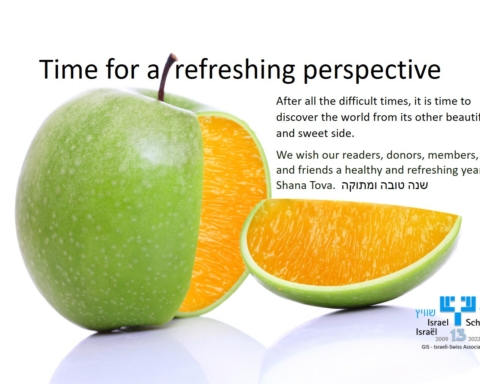Imagine finding a long-lost cousin from across the globe. Now imagine discovering an entire tribe. That’s exactly what happened when Rabbi Michael Freund received a heartfelt letter on his desk in 1993. The letter was from a group called Bnei Menashe, a long-lost sect of the 12 tribes, who live on the edges between Burma and India, and had sent many letters to the Israeli government. Fortunately, Freund decided to respond.

He uncovered that about 5,000 people living in the heart of India were practicing Judaism, and had been hoping to return to Israel for decades. The Bnei Menashe, or sons of Menashe, were one of ten tribes exiled in 722 BCE when the Assyrians were in rule. In the 1950s, a farmer from the Shinlung tribe had a dream, sharing of this tribe’s ancient roots of belonging to the Israelites, and their need to return. Some believed the dream a prophecy, and the origin of the story aligned with the tribe’s history. They began a pilgrimage to Israel, but were found and sent back to India. They began practicing Judaism, built synagogues, kept kosher, and hosting ceremonies. Now they wanted to return, to experience the holy land for themselves.
However, according to Israeli law, immigration is only allowed with one Jewish parent, so Freund began working with Israeli authorities to see to the tribe’s return. Thanks to his efforts, the immigration began with a few dozen people after that letter in 1998. A few years later in 2002, he founded Shavei Israel, which aims to strengthen “the ties between the Jewish people, the State of Israel, and the descendants of Jews around the world.” In December, over 250 people from the Bnei Menashe tribe landed in Israel, where they were required to go through a conversion process in order to stay. Over 4,500 members of the tribe live in Israel today.
One high school teacher who also serves as Shavei Israel’s community coordinator has awaited his own moment of Aliyah. Tzvi Khaute says that “in our eyes, we were never lost. We knew who we were and always wanted to come and reconnect with our roots.”








